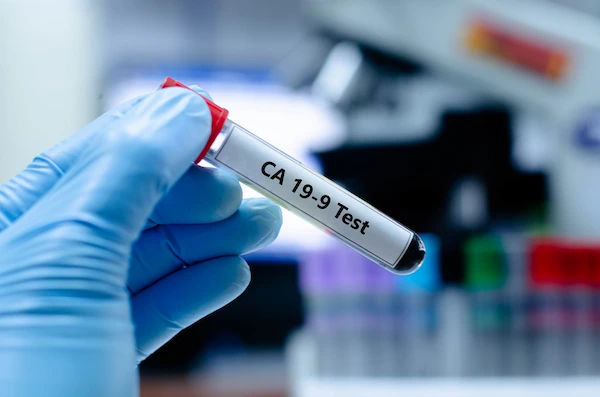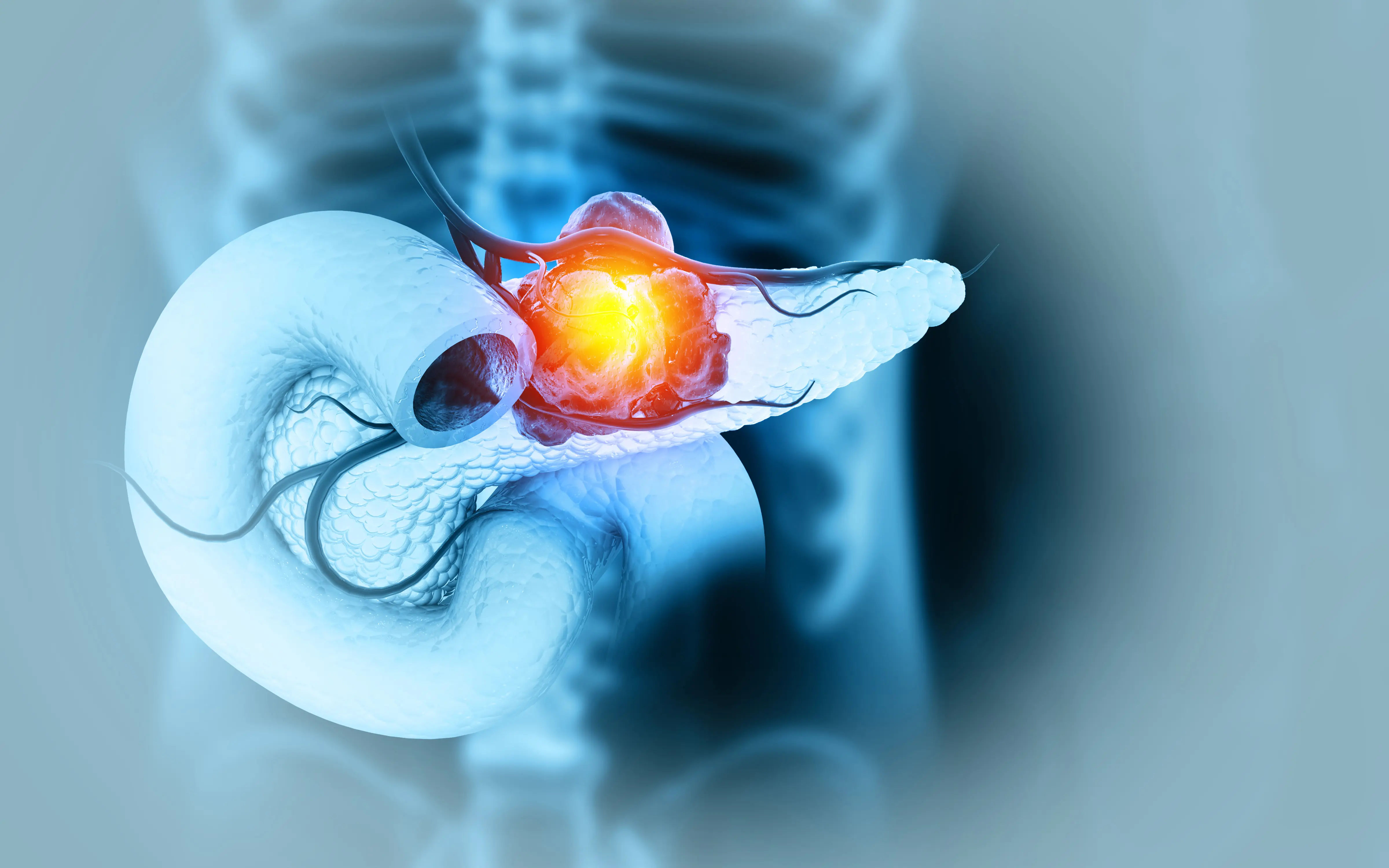How to Prepare for a Cancer Marker Test: Essential Do's and Don'ts
Preparing for a cancer marker test? Follow these essential do’s and don’ts to ensure accurate results. Learn about dietary restrictions, medication impacts, and what to expect before the test.

Written by Dr. Shaik Abdul Kalam
Reviewed by Dr. Rohinipriyanka Pondugula MBBS
Last updated on 10th Sep, 2025

Cancer marker tests, also known as tumour marker tests, are blood tests that look for specific substances in your body that may be linked to cancer. These substances can either be made by cancer cells or by your body in response to a tumour. While these tests aren't used alone to diagnose cancer, they're invaluable for screening, monitoring treatment, and checking if a cancer has returned.
If your doctor has recommended one of these tests, it's essential to prepare properly. In this article, we'll walk you through simple steps you can follow before the test, what to do, what to avoid, and how to book it through Apollo 24|7 with ease.
What Is a Cancer Marker Test and Why Is It Done?
Tumour markers are specific proteins or chemicals that may show up in your blood, urine, or tissues when cancer is present. They're usually used along with imaging tests or biopsies for a more precise diagnosis. Common examples include:
- PSA (Prostate-Specific Antigen): Linked to prostate cancer
- CA-125: Often checked for ovarian cancer
- CEA (Carcinoembryonic Antigen): Related to cancers of the colon and other organs
- AFP (Alpha-Fetoprotein): Seen in liver and germ cell tumours
- CA 19-9: Associated with cancers of the pancreas and digestive tract
- Beta-hCG: Monitored in some testicular and ovarian cancers
These tests are typically one part of a larger diagnostic plan and should always be interpreted in broad context.
Why Preparing Properly Matters?
The accuracy of these tests can be influenced by many factors such as what you eat, medications you're taking, how well you slept, and more. Without proper preparation, results may be inaccurate, leading to unnecessary worry or the need to repeat the test. Fortunately, a few simple steps can help avoid that.
Things You Should Do Before the Test
1. Know if You Need to Fast
Most tumour marker tests don't require you to fast. That said, for specific markers like AFP or CA 19-9, your doctor might ask you to avoid eating for 8 to 12 hours beforehand. If that's the case, stick to plain water only.
2. Tell Your Doctor about Any Medicines You Take
Let your healthcare provider know if you're taking:
1. Prescription drugs
2. Over-the-counter pain relievers
3. Herbal or Ayurvedic remedies
4. Nutritional supplements
5. Any recent vaccines or cancer therapies
These could affect your test results. However, don't stop or change any medicines without your doctor's approval.
3. Stick to the Same Time for Follow-Up Tests
If this test is part of a monitoring schedule, try to get tested at the same time of day each time. Keeping the timing consistent helps doctors track any changes more reliably.
4. Drink Plenty of Water
Unless told otherwise, make sure you're well hydrated before your appointment. This makes the blood draw easier and supports better sample quality.
5. Get a Good Night's Sleep
Try to get at least 7–8 hours of rest the night before your test. Stress and poor sleep can sometimes influence marker levels.
6. Ask Why the Test Is Being Done
It's helpful to understand if the test is being done for screening, diagnosis, or monitoring. This context can help you and your doctor interpret the results more clearly, especially if a slight rise in a marker has a non-cancerous cause like inflammation or infection.
What You Should Avoid Before the Test
1. Don't Eat or Drink If Fasting Is Required
If your doctor has told you to fast, skip all food, coffee, tea, juices, or even chewing gum before the test. Only drink plain water. Even small snacks or sips can alter your body's chemistry and skew the results.
2. Skip Alcohol and Smoking for a Day
Try not to drink alcohol or smoke for at least 24 hours before your test. Alcohol can interfere with liver markers like AFP, and smoking may impact CEA levels.
3. Avoid Heavy Workouts
Strenuous physical activity can temporarily change some marker levels. It's best to take it easy on the day of your test. Light walking is fine, but avoid intense gym sessions or long runs.
4. Postpone the Test If You're Feeling Sick
Fever, infection, or even inflammation can cause temporary spikes in specific tumour markers, such as CA-125. If you're unwell, let your doctor know; they may suggest waiting until you've recovered.
5. Don't Skip Sharing Your Medical History
Make sure your doctor is aware of any previous illnesses, surgeries, or cancer treatments. This background is essential for interpreting your results in the proper context.
What to Expect During the Test
Getting a cancer marker test is usually quick and straightforward. A technician will:
1. Clean the area on your arm
2. Insert a small needle into a vein
3. Collect a sample of blood in a labelled vial
It usually takes just 5 to 10 minutes. Most people can get back to their usual routine right afterwards.
When Will Your Results Be Ready?
Test results are usually available within 1 to 3 days, depending on the marker being tested. In some cases, more complex analyses might take a little longer. You can easily access your digital report via the Apollo 24|7 app or website.
Booking a Cancer Marker Test with Apollo 24|7
Apollo 24|7 offers both home collection and in-centre testing, making it easy and convenient to get your test done without the hassle.
Steps to Book:
1. Visit the Apollo 24|7 Lab Tests page
2. Search for your specific test (e.g., PSA, CA-125, AFP)
3. Choose your preferred time and location
4. Confirm the appointment online
Why Choose Apollo 24|7?
1. Home sample collection across multiple cities
2. NABL-accredited labs for trusted results
3. Reports delivered online within 1–2 working days
4. Quick access to Apollo doctors for follow-up consultation
Quick Pre-Test Checklist
1. Follow any fasting instructions carefully
2. Tell your doctor about all medications and remedies
3. Avoid alcohol, smoking, and strenuous activity
4. Delay the test if you're unwell
5. Understand why the test is being done
6. Review results along with your doctor for a complete picture
Get Your Health Assessed Here
Conclusion
A cancer marker test is a valuable step toward understanding your health better, whether for early detection, treatment planning, or follow-up. With the right preparation, such as proper hydration, medication awareness, and timing, you can help ensure your results are as accurate as possible.
Book your test easily on Apollo 24|7, and take control of your health with peace of mind.



